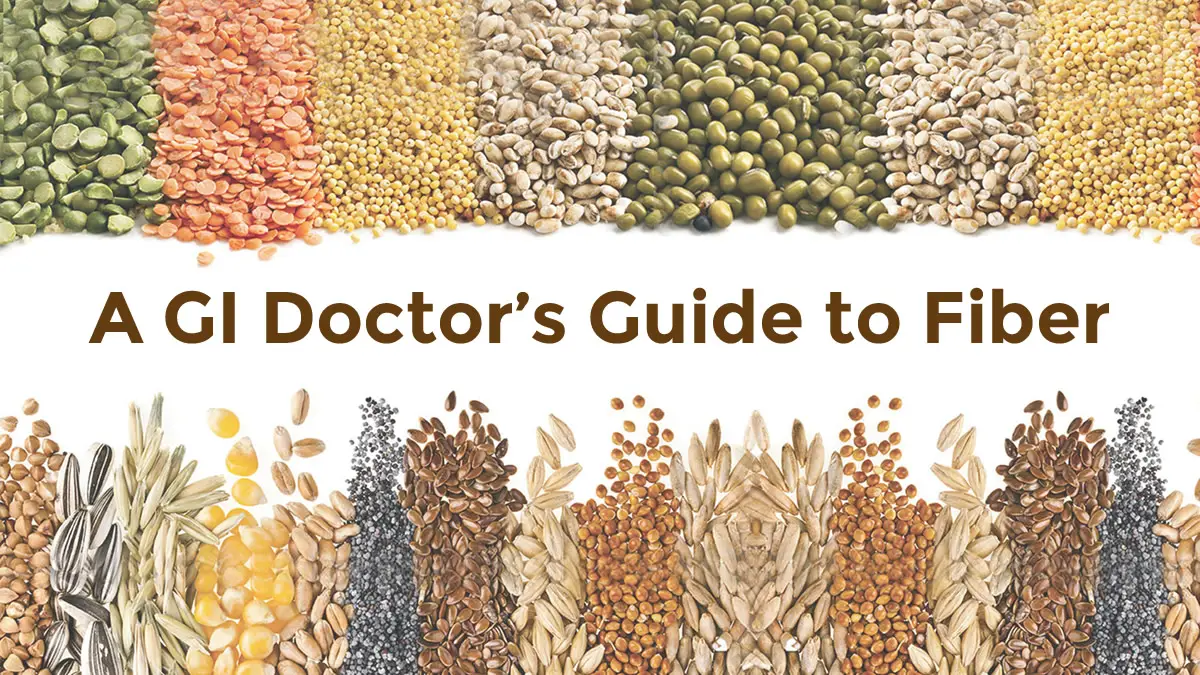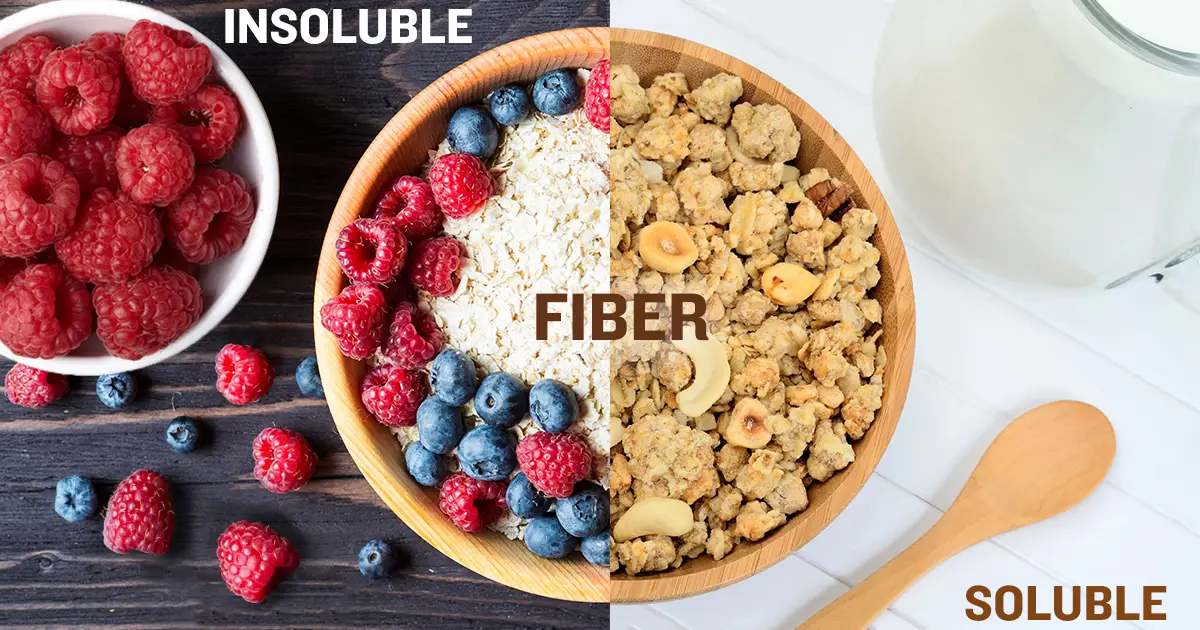When dealing with gastrointestinal issues, you are asked one question over and over…
Are you getting enough fiber?
Why Does Fiber Help Digestion?
You may have heard over and over again how important fiber is for your health, but you may not understand why it has such an impact. Fiber plays a unique role in digestion it is not broken down into nutrients but instead stays intact as it makes its journey through your intestines.
A diet high in fiber can help keep your heart healthy, slow down the absorption of sugar through the gut wall, and aid in weight management. Getting enough intestinal fortitude ensures your digestive system runs smoothly. Allowing for a more comfortable pooping experience.

Getting plenty of fiber helps your digestive system in several ways:
- Feeding your gut microbiome. Most of the bacteria in your body live in your gut. These bacteria help to protect the junctions in your gut wall and contribute to the healthy working of your digestive system.
- Maintaining a healthy gut wall. By eating this plant based substance, you provide the good bacteria in your gut with a food source. The bacteria are then able to ferment the fiber and turn it into short chain fatty acids. Short chain fatty acids are incredibly useful for regulation of your immune system and are a powerful source of energy for the cells in your gut wall.
- Bulking up your number twos. Your poop would be very hard if it was only made up of the waste products which are left over after digestion. This composition would take a long time to leave your body. Since this plant based substance is not digested, it provides volume to your stools and softens them. This helps keep your stool pattern regular.
In my practice, I always tell my patients that fiber is the “natural equilibrator”. It makes hard stools softer and tends to bulk up loose stools.
Can Fiber Reduce Risk of Digestive Conditions?
In my previous article on constipation, I emphasized that a diet containing plenty of high fiber foods may help ease the symptoms of constipation. Constipation symptoms include infrequent pooping, having difficulty passing stools, and having to strain to evacuate your bowels.
Constipation can also lead to further complications including some painful and life-disrupting conditions, including:
- Irritable bowel syndrome (IBS-C): Constipation and intermittent abdominal pain that occurs repeatedly over time and has other associated symptoms.
- Abdominal pain: Abdominal pain can be triggered by constipation and a lack of this plant based substance. A slowed down digestive system can lead to a buildup of gas and stool in the gut that can cause pain.
- Anal fissures: Anal fissures are small tears in the thin tissues of your anus. These tears can occur when you’re straining and struggling to pass large stools.
- Hemorrhoids: Hemorrhoids are bulging and inflamed veins in the rectum and anus and are often quite painful. Straining to have a bowel movement due to constipation is a common cause of hemorrhoids.
Soluble vs Insoluble Fiber
High fiber foods are likely to contain both soluble and insoluble fiber. Both types have health benefits.
As the names indicate, soluble fiber dissolves in water, while insoluble fiber does not. Since insoluble fiber does not get digested and stays intact, it provides a substance that your body needs to keep your poop soft and moving through your intestines.
Health benefits of insoluble fiber include:
- Reducing the incidence of constipation, as well as the resulting conditions of hemorrhoids, anal fissures, and fecal impaction.
- Reducing the risk of colon polyps and even colon cancer.
- Bulking up liquid or soft stools and making them more formed.
Soluble fiber can be broken down into a gel-like consistency by your intestines. This type feeds the friendly bacteria in your gut and aids in creating a healthy environment in your intestines.
Health benefits of soluble fiber include:
- Stabilizes blood sugar levels – soluble fiber slows down the absorption rate of sugars and other nutrients, which helps you avoid sudden sugar spikes.
- Reduces fat absorption and lowers cholesterol levels – soluble fiber slows down and helps prevent absorption of fat into the bloodstream by binding to bile salts which helps to lower cholesterol levels over time.
- Decreases risk of heart disease – by reducing the known risk factors of high glucose levels and high cholesterol.
Together, soluble and insoluble fiber work well to improve your health and keep your bowels running smoothly!
How Much Fiber Do I Need?
Unfortunately, most Americans are not getting the necessary amount of this plant based substance needed to keep their gut healthy. This is mainly due to our reliance on fast foods, refined grains, and heavily processed ingredients. My general rule of thumb is to aim for 30 grams of fiber in your diet daily.
I usually recommend getting your intestinal fortitude through food instead of dietary supplements as foods that are fiber rich typically are full of useful nutrients, vitamins, and minerals which aid in your overall health. If you are unable to get enough fiber through your diet, supplements can be used to help you reach your goal.
How do I add more fiber to my diet?
If you’re getting five to nine portions of fruit and vegetables in a day, you’re well on your way to getting enough fiber. Other good sources include nuts, seeds, beans, legumes, and many grains.
When starting to increase fiber in your diet, remember to drink plenty of water and to take it slowly by introducing these foods gradually to avoid gastrointestinal upset and gas.
Fiber is an integral part of your diet that can help keep you healthy. Not getting enough of this plant based substance can cause complications down the line. If you’re eating enough fiber, but not seeing the benefits, it’s time to make an appointment with a gastroenterologist to investigate further.
If you’re worried about your fiber intake or constipation symptoms and live in the Dallas-Fort Worth area, you can schedule an appointment through our website or by calling us at 972-867-0019.


